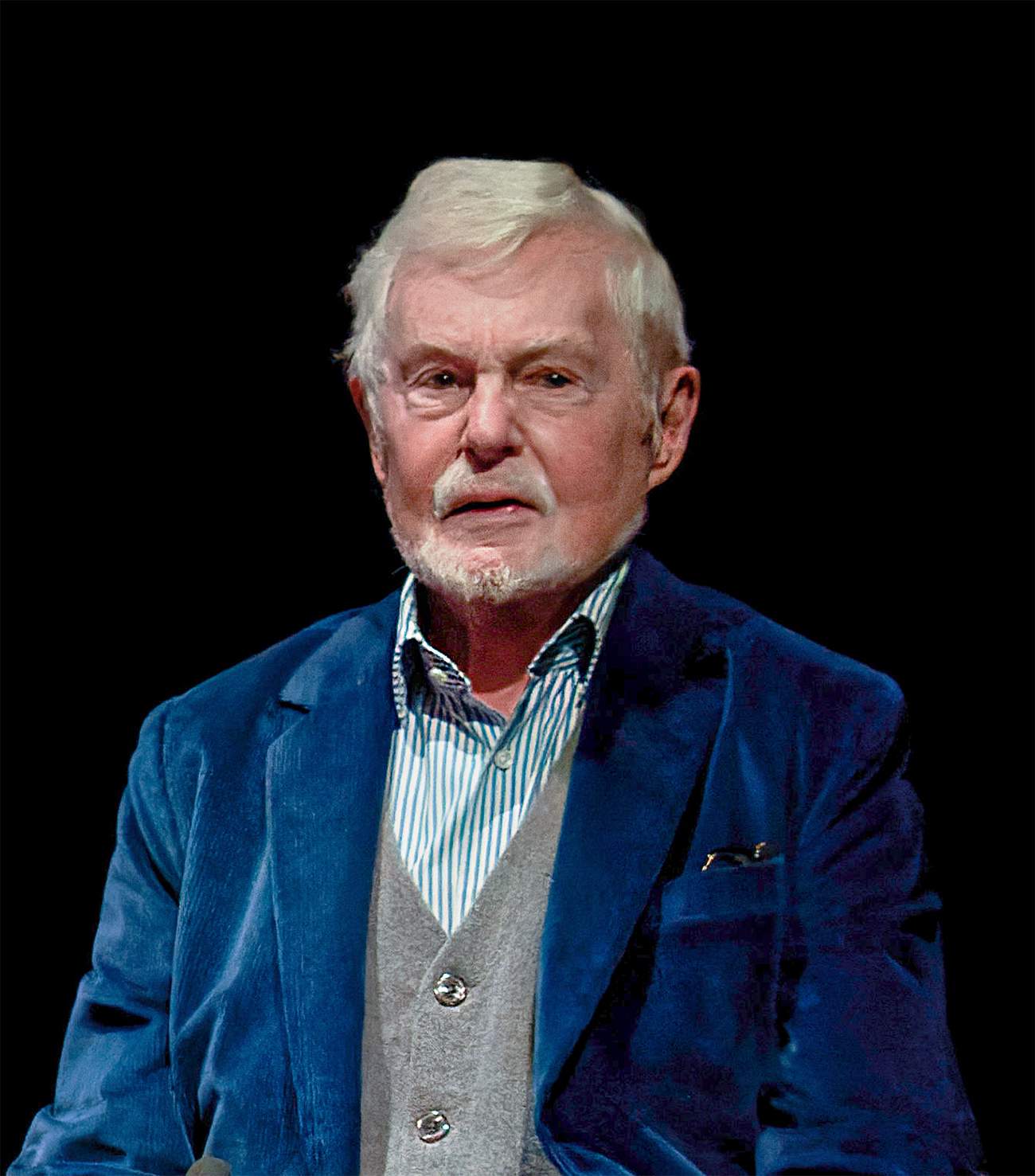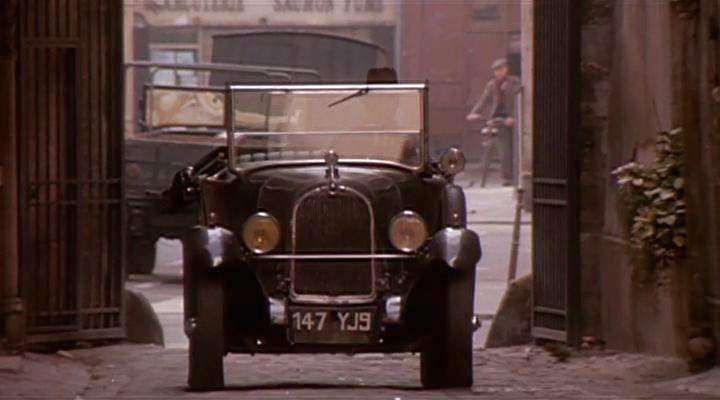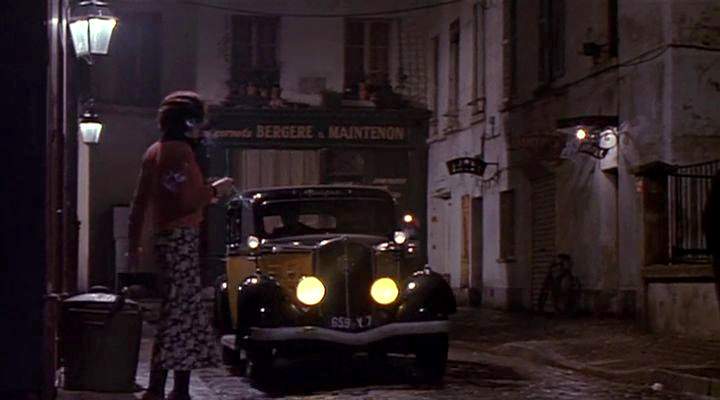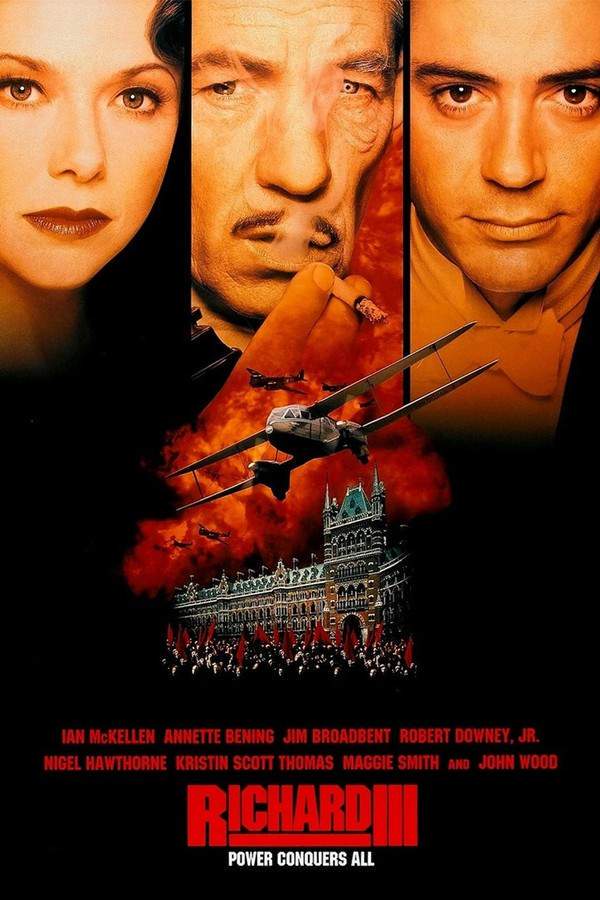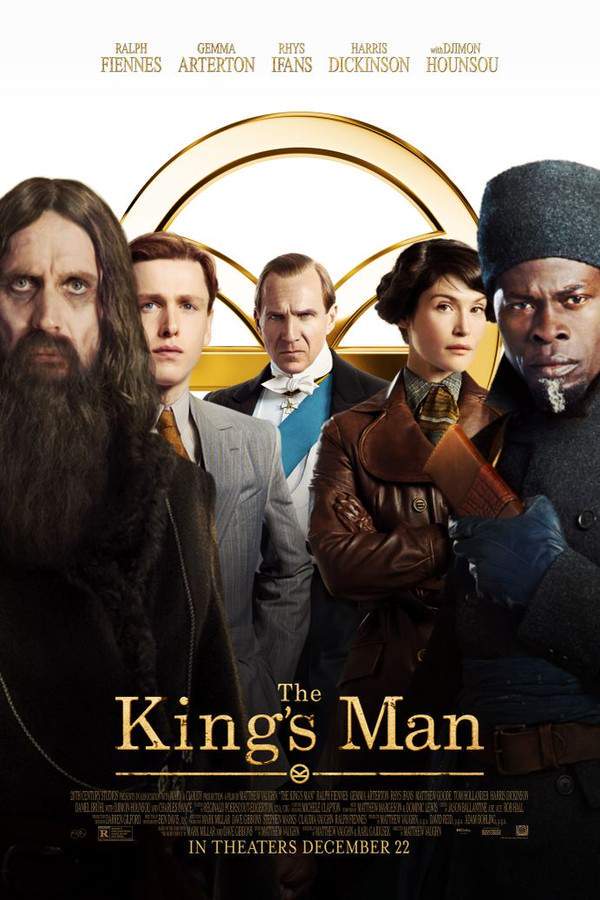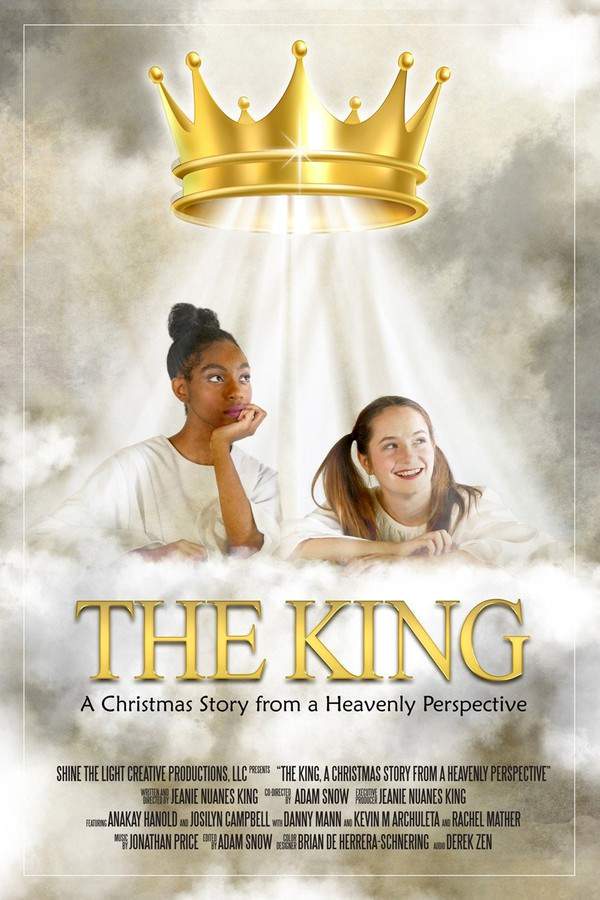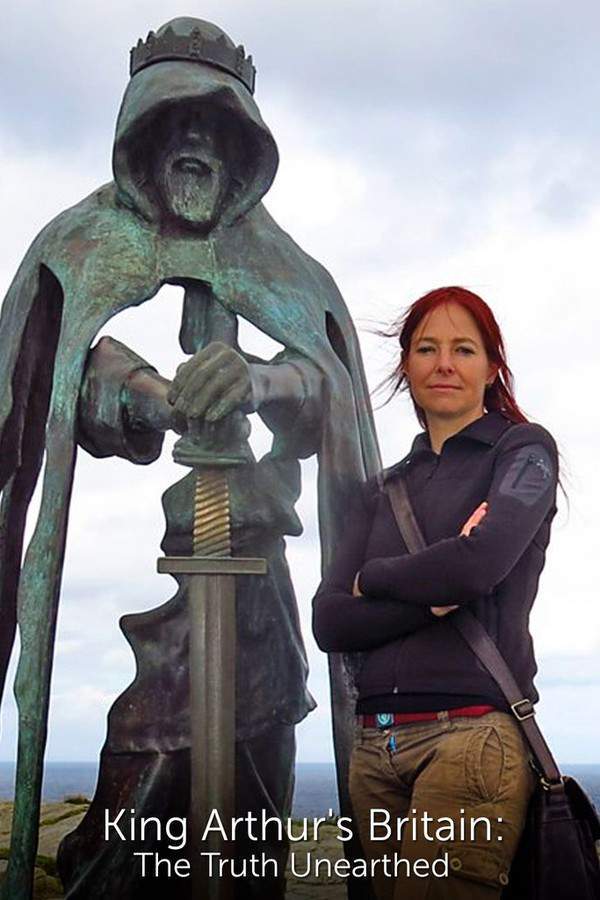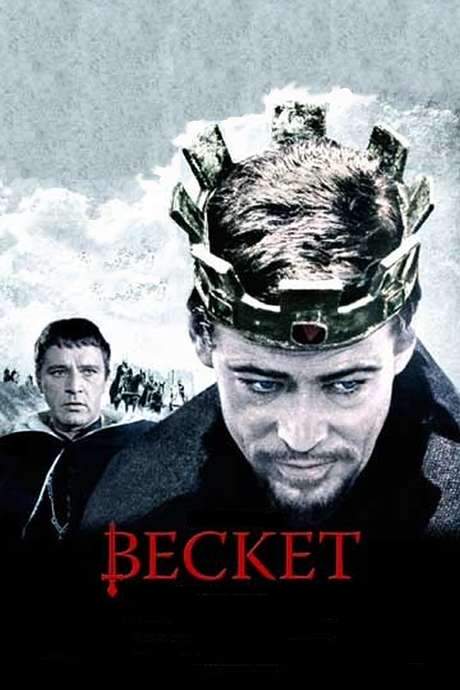Henry V 1989
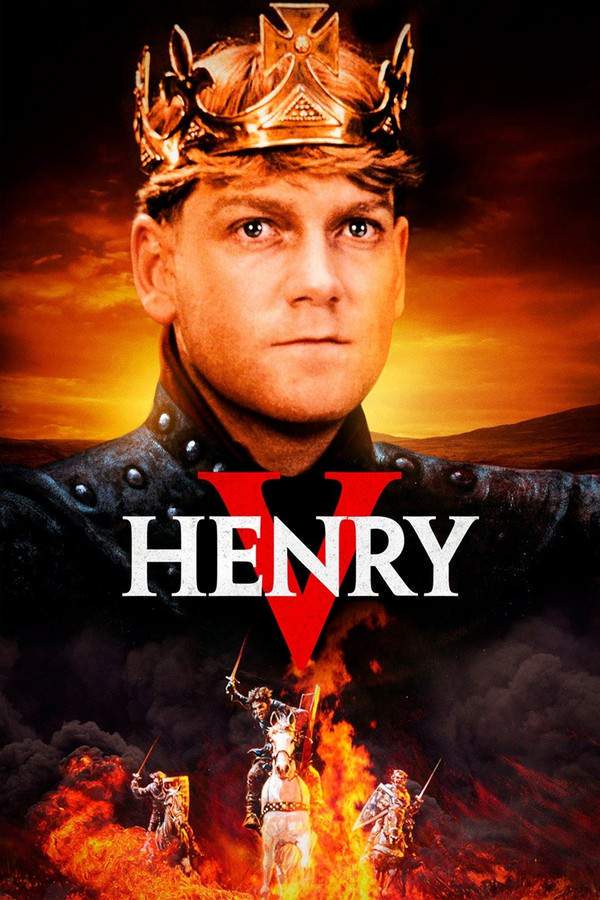
During the 15th century in England, ambitious church officials plot to distract the young King Henry V from his progressive reforms. Their scheme involves inciting him to invade France. The cunning Archbishop of Canterbury attempts to influence the king’s decisions, but Henry V must ultimately decide whether to follow a path of war or uphold his sense of duty and honor.
Does Henry V have end credit scenes?
No!
Henry V does not have end credit scenes. You can leave when the credits roll.
Meet the Full Cast and Actors of Henry V
Explore the complete cast of Henry V, including both lead and supporting actors. Learn who plays each character, discover their past roles and achievements, and find out what makes this ensemble cast stand out in the world of film and television.
External Links and Streaming Options
Discover where to watch Henry V online, including streaming platforms, rental options, and official sources. Compare reviews, ratings, and in-depth movie information across sites like IMDb, TMDb, Wikipedia or Rotten Tomatoes.
Ratings and Reviews for Henry V
See how Henry V is rated across major platforms like IMDb, Metacritic, and TMDb. Compare audience scores and critic reviews to understand where Henry V stands among top-rated movies in its genre.

83
Metascore
7.1
User Score


98%
TOMATOMETER

89%
User Score

7.5 /10
IMDb Rating

71
%
User Score
Take the Ultimate Henry V Movie Quiz
Challenge your knowledge of Henry V with this fun and interactive movie quiz. Test yourself on key plot points, iconic characters, hidden details, and memorable moments to see how well you really know the film.
Quiz on Henry V (1989): Test your knowledge on the cinematic adaptation of Shakespeare's Henry V and its historical narrative.
Who plays the role of Chorus in the film?
Derek Jacobi
Alec McCowan
Paul Schofield
Brian Blessed
Show hint
Awards & Nominations for Henry V
Discover all the awards and nominations received by Henry V, from Oscars to film festival honors. Learn how Henry V and its cast and crew have been recognized by critics and the industry alike.
43rd British Academy Film Awards 1990


Best Cinematography
Best Costume Design
Best Production Design
Best Sound
Full Plot Summary and Ending Explained for Henry V
Read the complete plot summary of Henry V, including all major events, twists, and the full ending explained in detail. Explore key characters, themes, hidden meanings, and everything you need to understand the story from beginning to end.
The film opens with the character Chorus, portrayed by Derek Jacobi, who sets the stage by walking through a deserted film studio. He introduces the narrative before dramatically opening the doors to the main action, reappearing intermittently to offer insights and drive the plot forward.
Act 1 unfolds in the early 15th century, specifically the year 1422 A.D., where the Bishop of Ely (Alec McCowan) and the Archbishop of Canterbury (Charles Kay) plot to divert the attention of young King Henry V (Kenneth Branagh) from a decree threatening the Catholic Church’s property. They persuade him to consider an invasion of France using the claim that he is the rightful heir to the French throne, arguing that the Salic law unjustly denies him this right. With the backing of noblemen The Duke of Exeter (Brian Blessed) and Westmoreland (Paul Gregory), they convince Henry to declare war, leading to a confrontation with Mountjoy (Christopher Ravenscroft), the Dauphin’s envoy. The Dauphin’s disdainful gift of tennis balls abates Henry’s initial anger but ignites his resolve to claim his birthright.
In Act 2, King Henry cunningly exposes three of his high-ranking officers—Richard, Earl of Cambridge, Sir Thomas Grey, and Henry, Lord Scroop of Masham—previously plotting to betray him. By feigning an inquiry about an insolent offender, he prompts their own confession of guilt, leading to their arrest for treason. After a violent display, Henry orders their execution before embarking across the English Channel. Meanwhile, in France, King Charles VI (Paul Schofield) and his court debate Henry’s threats. The Dauphin’s bravado is mitigated by the concerns of his peers over Henry’s formidable heritage and prior English victories.
In Act 3, Henry delivers an inspiring speech to his troops as they besiege the fortified French city of Harfleur. When the Dauphin fails to send reinforcements, the governor capitulates under Henry’s assurance of mercy. Concurrently, Katherine (Emma Thompson), the French princess betrothed to Henry prior to the conflict, struggles to learn English, observing her father’s anxiety regarding the war. Following a series of grim encounters, Henry asserts the strength of his beleaguered forces when confronted by a French herald demanding his surrender.
During Act 4, the eve of the famous Battle of Agincourt on October 22, 1415, reveals a stark contrast between the impatient French nobility and the solemn English troops. Disguised, Henry mingles among his soldiers, reflecting on his leadership and the bloodshed to come, leading to an intense encounter with Williams, where they agree to a duel for the next day. Despite being heavily outnumbered, Henry’s fervent St. Crispin’s Day Speech boosts his soldiers’ morale, and the ensuing battle showcases the devastating effectiveness of English archers. As chaos unfolds, the French suffer catastrophic losses, ultimately culminating in their surrender.
Act 5 sees negotiations for Henry’s royal union with Katherine, symbolizing peace between England and France. Their private conversation reveals Henry’s sincerity and affection for her, and he hopes for a future where the two kingdoms are united. As the treaty is finalized, the Chorus returns to reflect on the historical ramifications, culminating in the eventual loss of the French crown by Henry VI, underscoring the film’s exploration of ambition, leadership, and the tragic cycles of history.
Uncover the Details: Timeline, Characters, Themes, and Beyond!

Coming soon on iOS and Android
The Plot Explained Mobile App
From blockbusters to hidden gems — dive into movie stories anytime, anywhere. Save your favorites, discover plots faster, and never miss a twist again.
Sign up to be the first to know when we launch. Your email stays private — always.
Watch Trailers, Clips & Behind-the-Scenes for Henry V
Watch official trailers, exclusive clips, cast interviews, and behind-the-scenes footage from Henry V. Dive deeper into the making of the film, its standout moments, and key production insights.
Cars Featured in Henry V
Explore all cars featured in Henry V, including their makes, models, scenes they appear in, and their significance to the plot. A must-read for car enthusiasts and movie buffs alike.
Henry V Themes and Keywords
Discover the central themes, ideas, and keywords that define the movie’s story, tone, and message. Analyze the film’s deeper meanings, genre influences, and recurring concepts.
Henry V Other Names and Titles
Explore the various alternative titles, translations, and other names used for Henry V across different regions and languages. Understand how the film is marketed and recognized worldwide.
Similar Movies To Henry V You Should Know About
Browse a curated list of movies similar in genre, tone, characters, or story structure. Discover new titles like the one you're watching, perfect for fans of related plots, vibes, or cinematic styles.
Quick Links: Summary, Cast, Ratings, More

What's After the Movie?
Not sure whether to stay after the credits? Find out!
Explore Our Movie Platform
New Movie Releases (2026)
Famous Movie Actors
Top Film Production Studios
Movie Plot Summaries & Endings
Major Movie Awards & Winners
Best Concert Films & Music Documentaries
Movie Collections and Curated Lists
© 2026 What's After the Movie. All rights reserved.



